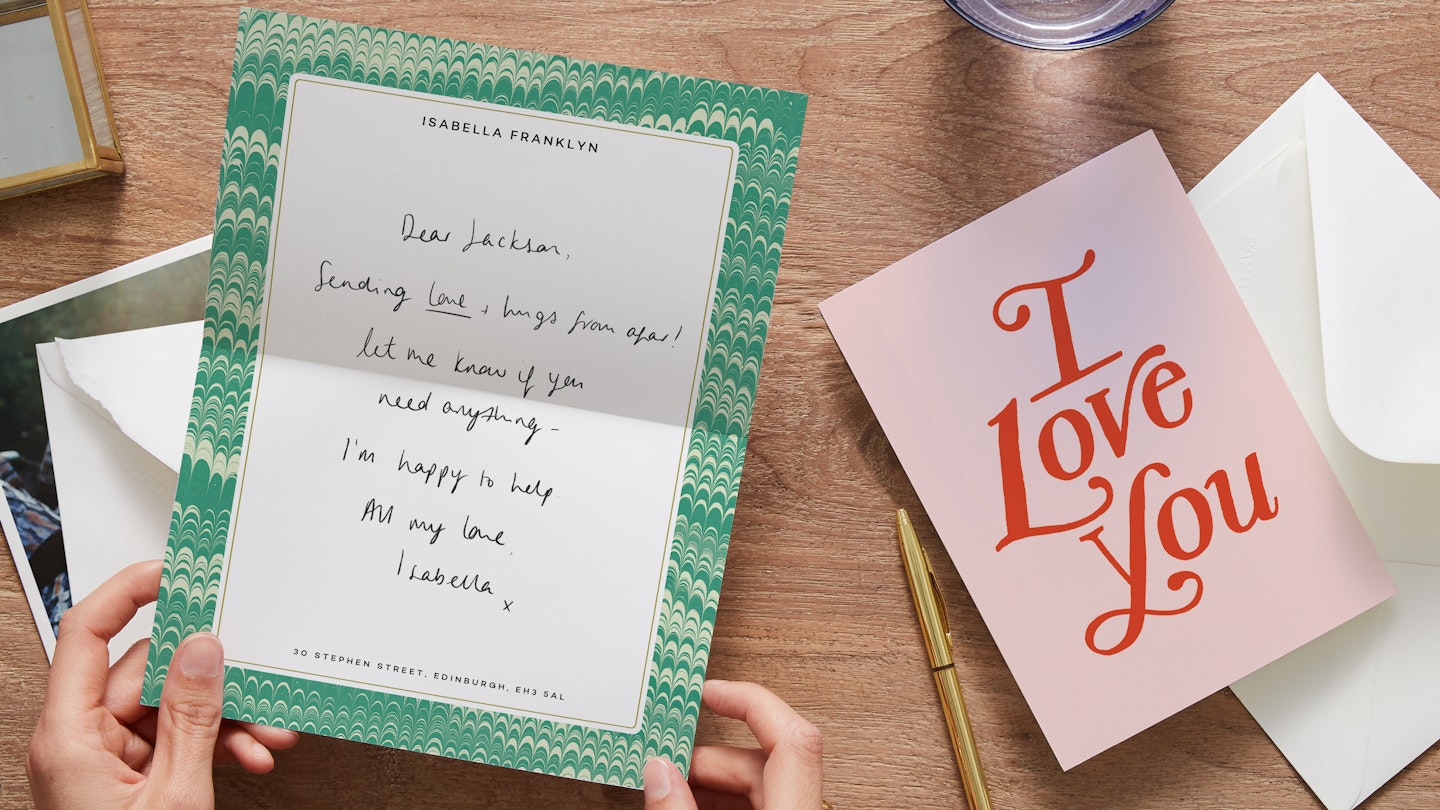We live in a world where communicating is, technically, easier than ever before. It can be instantaneous and achieved on a multitude of different platforms, most of which are being used now more than ever. As the Covid-19 crisis has forced us into lockdown, those of us lucky enough to possess the capability to do so are Zooming, catching up with friends on HouseParty, enjoying family reunions via FaceTime and feeling grateful for those Whatsapp groups that once felt like a burden. This relentless digitisation of relationships is, however, being challenged by the good old fashioned letter – for in this pandemic, sales of stationery are soaring.
Papier – the millennial-friendly online stationery company – reports that, in the last few weeks, sales have increased by a staggering 300%. It has seen demand for greeting cards, notecards and writing paper triple in the past month, a trend that is also reflected in Google data where searches for birthday cards, for example, have increased by 400%. The irony of using a digital service to access a distinctly analogue tradition is testament to our complex times – and also illustrative of the fact that people are trying to find new and creative ways to communicate with loved ones.
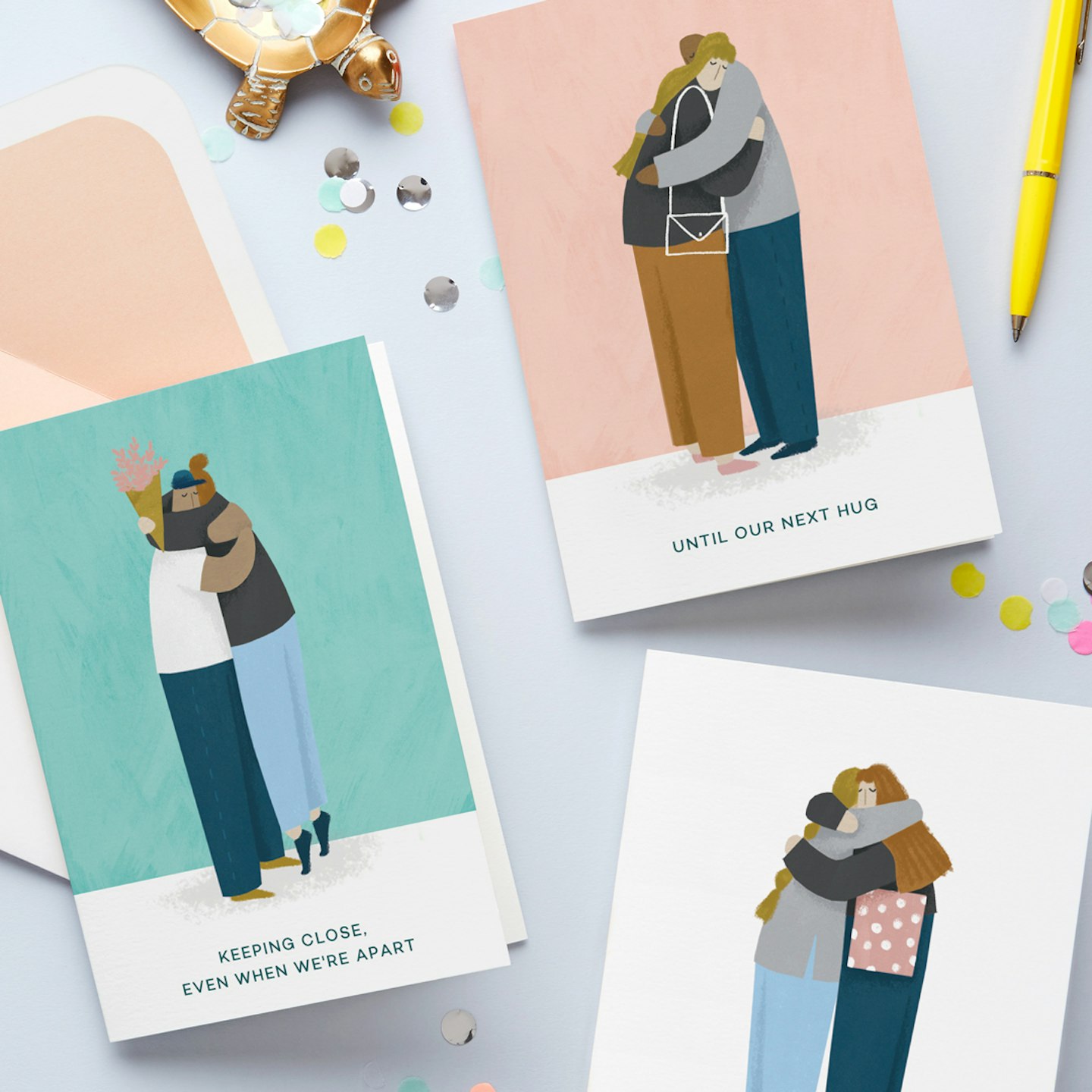
According to Taymoor Atighetchi, founder & CEO of Papier, 'More than ever, we're seeing people wanting to connect with one another. They're looking to do that in more thoughtful and meaningful ways than through purely digital means such as Whatsapp or email. They're sending more cards and writing more notes than ever before.'
Interestingly, while we've been led to believe that 'paperless post' is the future, it may not be as sustainable as you might think. In a report published towards the end of last year, energy company OVO concluded that if every adult in the UK sent just one less email every day, over 16,433 tonnes of carbon would be saved each year. By contrast, paper is actually far more friendly than you might think, given that it is one of the most recycled products in the world.
'At Papier, all of our papers are sourced from sustainable forests,' says Atighetchi. 'These sustainable forests have been growing by an area larger than over 1,500 football pitches per day. Our papers are held to the highest environmental standards which includes both FSC and WWF certifications. So, people can and should enjoy sending letters and using traditional post knowing that they are in fact supporting a sustainable industry.'
Furthermore, the paper industry is the biggest, single industrial user and producer of renewable energy in Europe, while 93% of water used in the manufacture of paper is returned to the environment. The remaining 7% is either evaporated, retained or bound up in solid waste.
It's not just letter writing that is experiencing a renaissance of sorts, either. Papier reports that one of its biggest sellers at the moment is The Baker notebook, which can be personalised. 'Consumer behaviour is changing,' says Atighetchi. 'We're learning new ways of communicating and creating new habits that I think will continue beyond the lockdown. How much remains to be seen.'
We may have more digital tools at our disposal than ever before but it seems that, when it comes to connecting with one another, old habits die hard.
SHOP: The Best Stationery To Buy (And Send) Now
The Best Stationery To Buy (And Send) Now
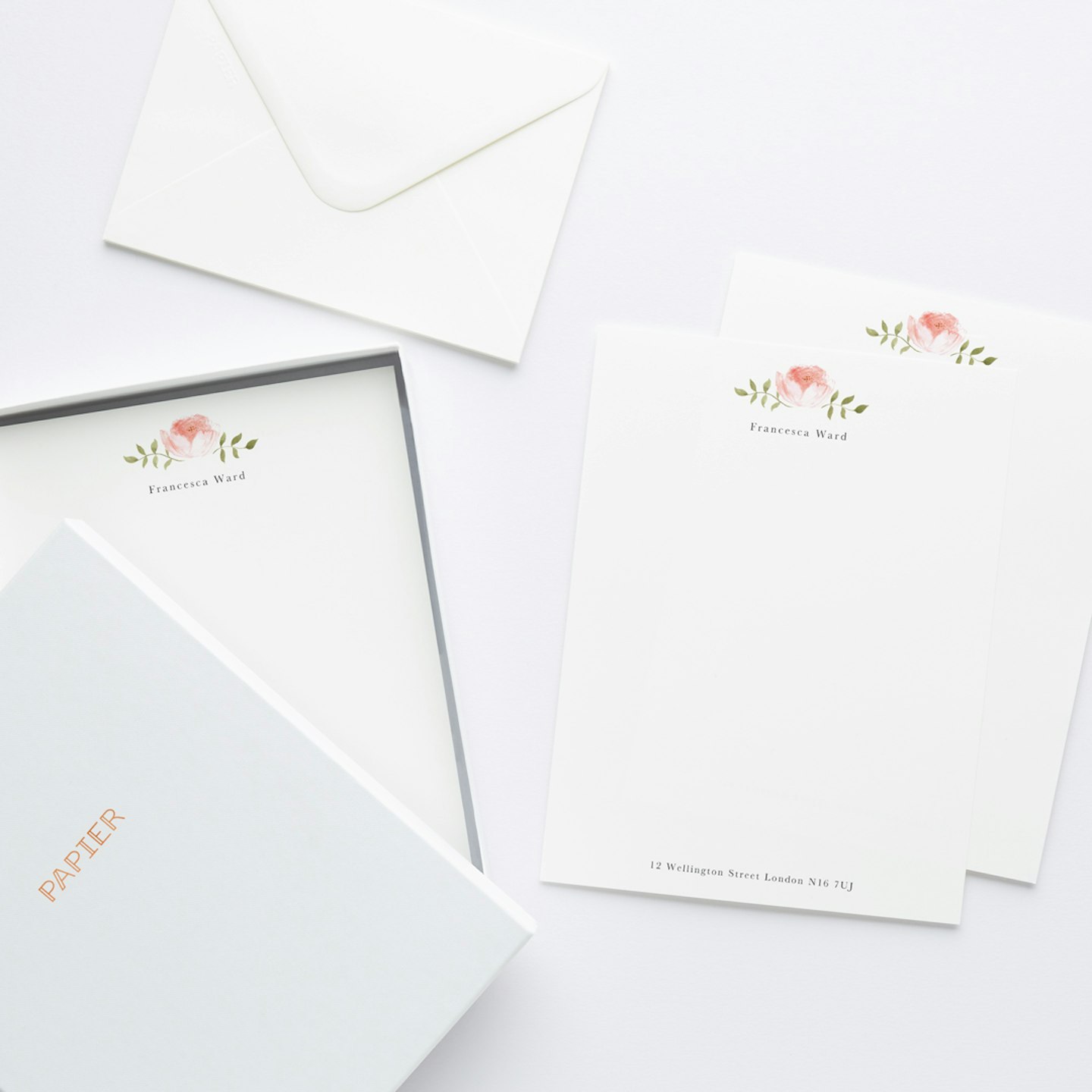 1 of 11
1 of 11Papier, Personalised Writing Paper Set, £24.99
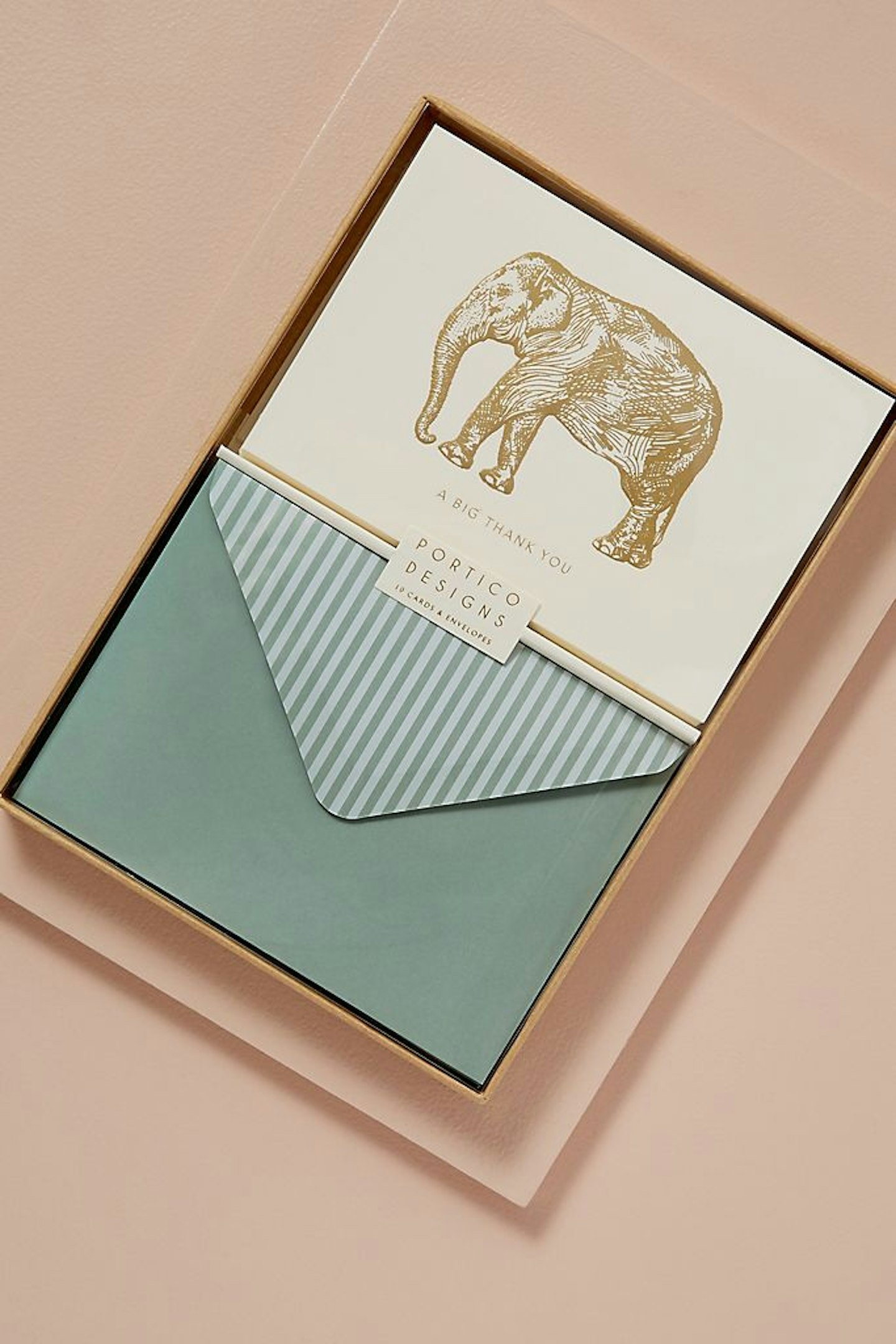 2 of 11
2 of 11Anthropologie, Elephant Note Cards, £12
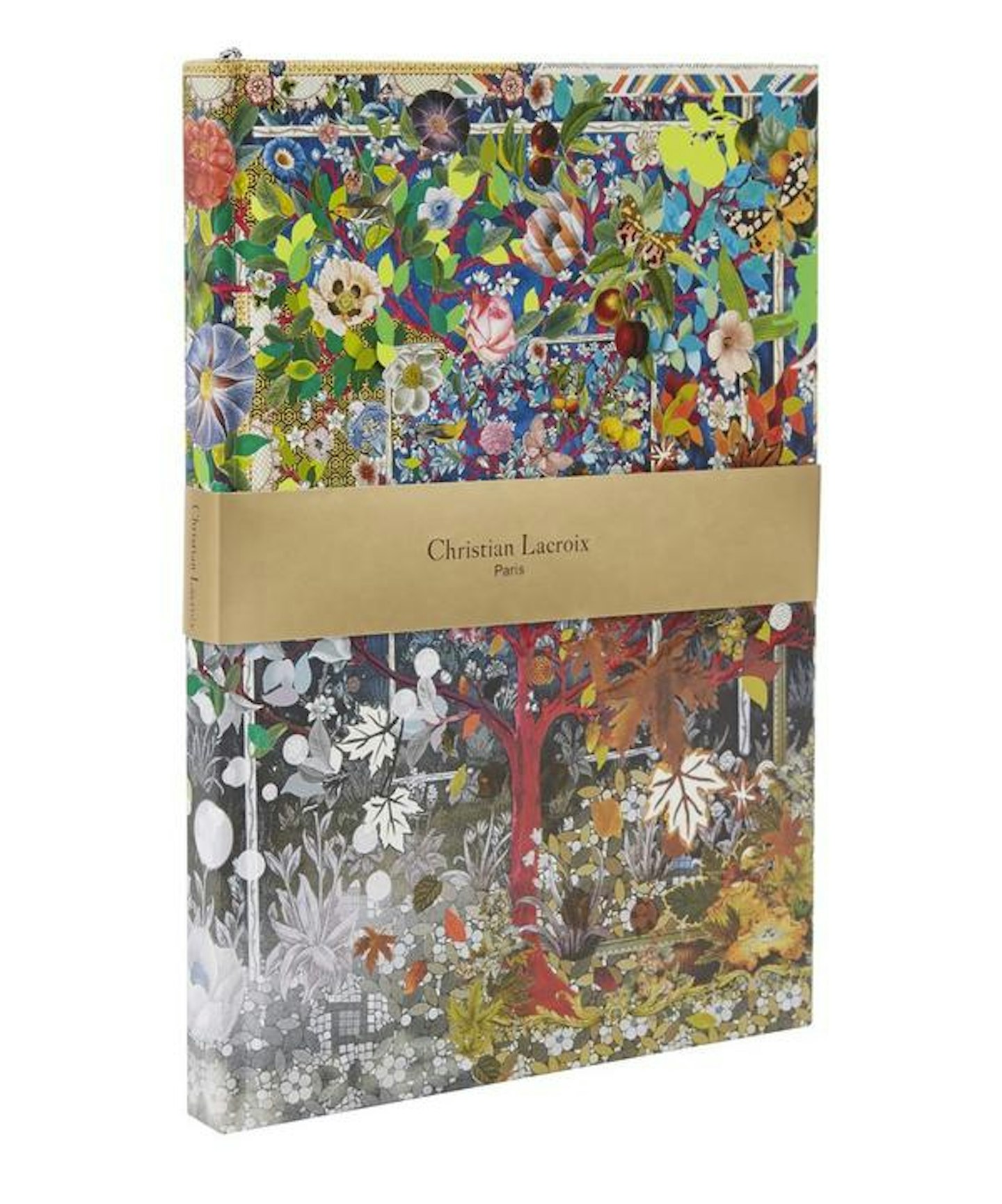 3 of 11
3 of 11Christian Lacroix, Les 4 Saisons B5 Journal, £42
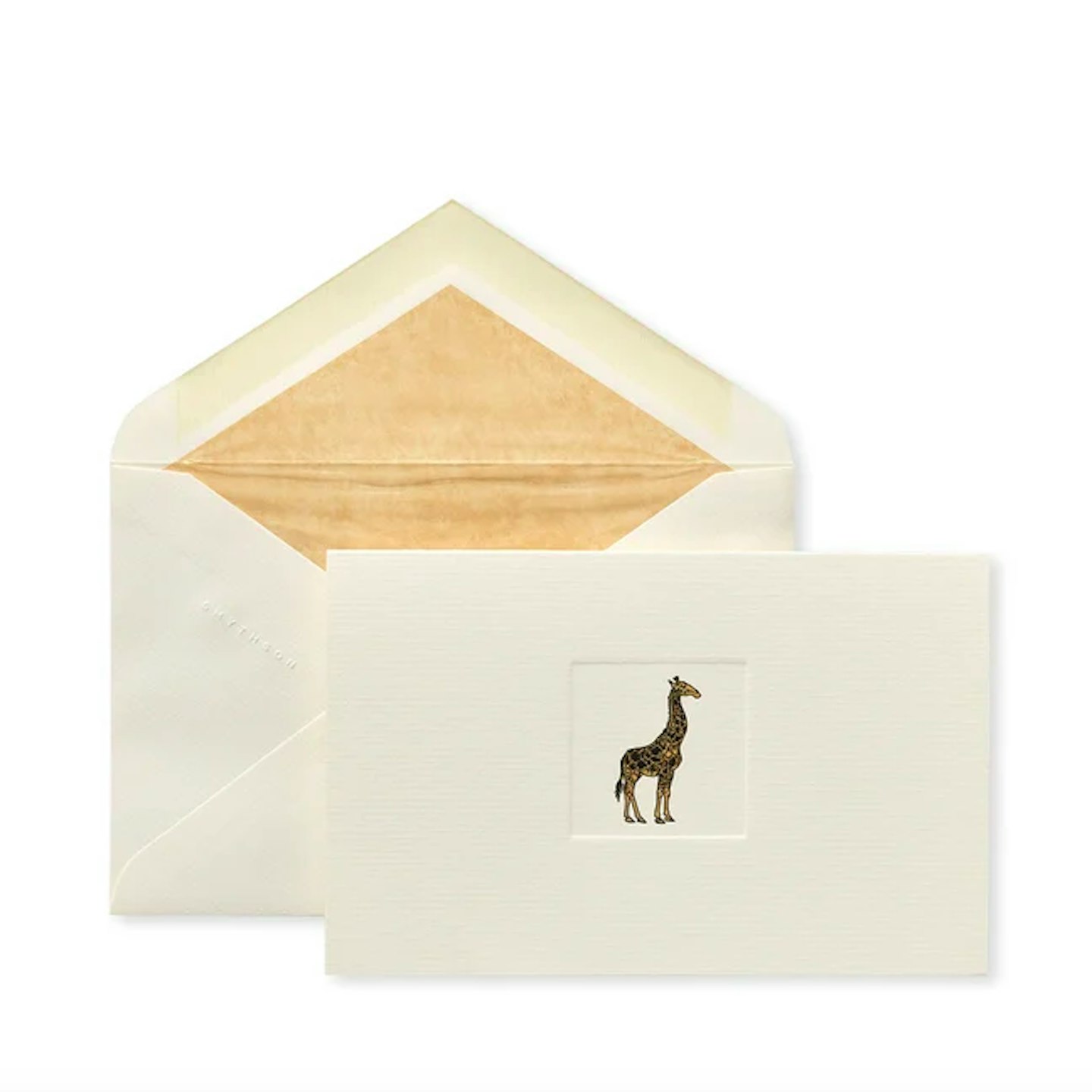 4 of 11
4 of 11Giraffe Notelets, £27 for 10
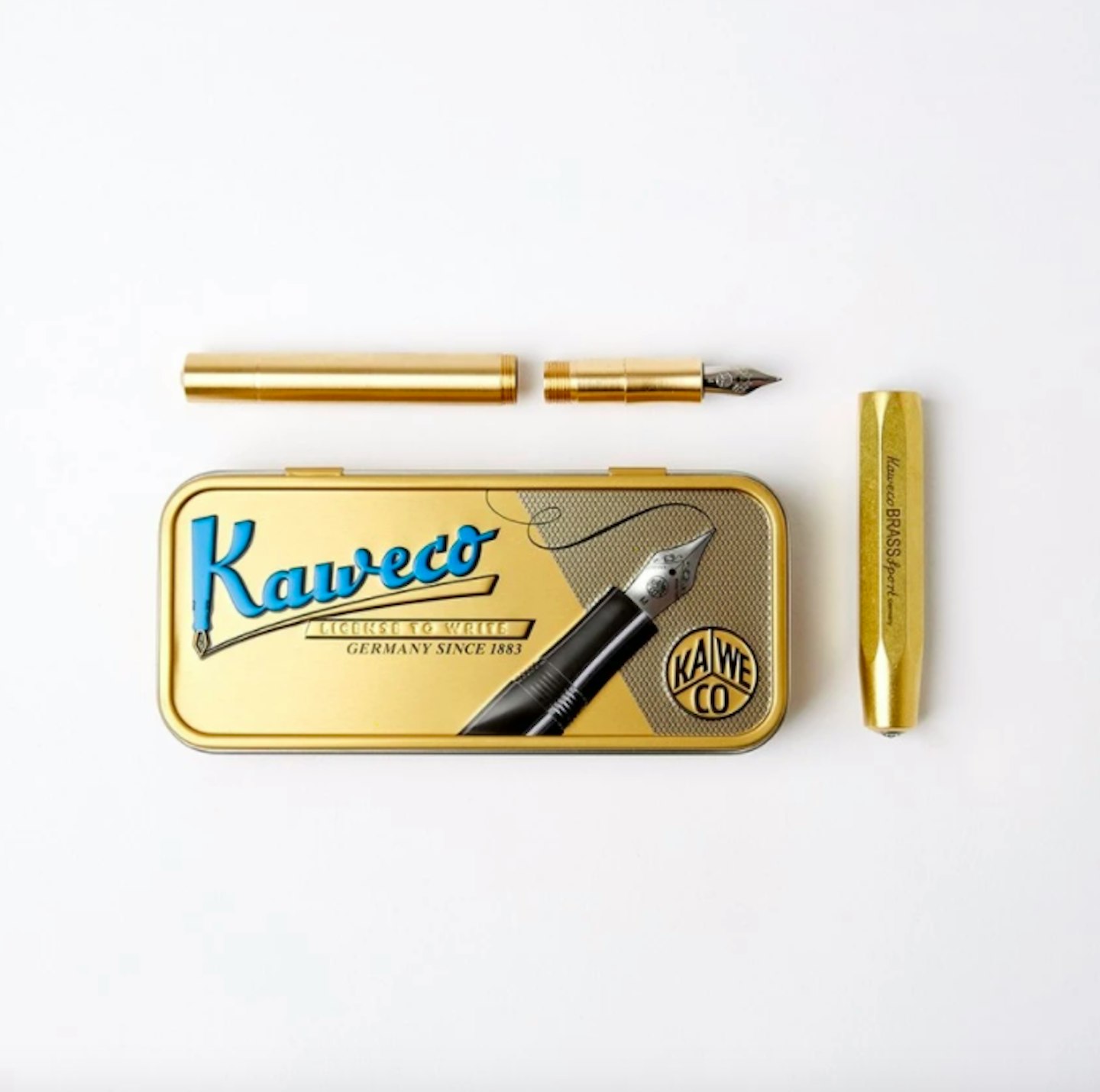 5 of 11
5 of 11Kaweco, Brass Sport Fountain Pen, £75 at The Conran Shop
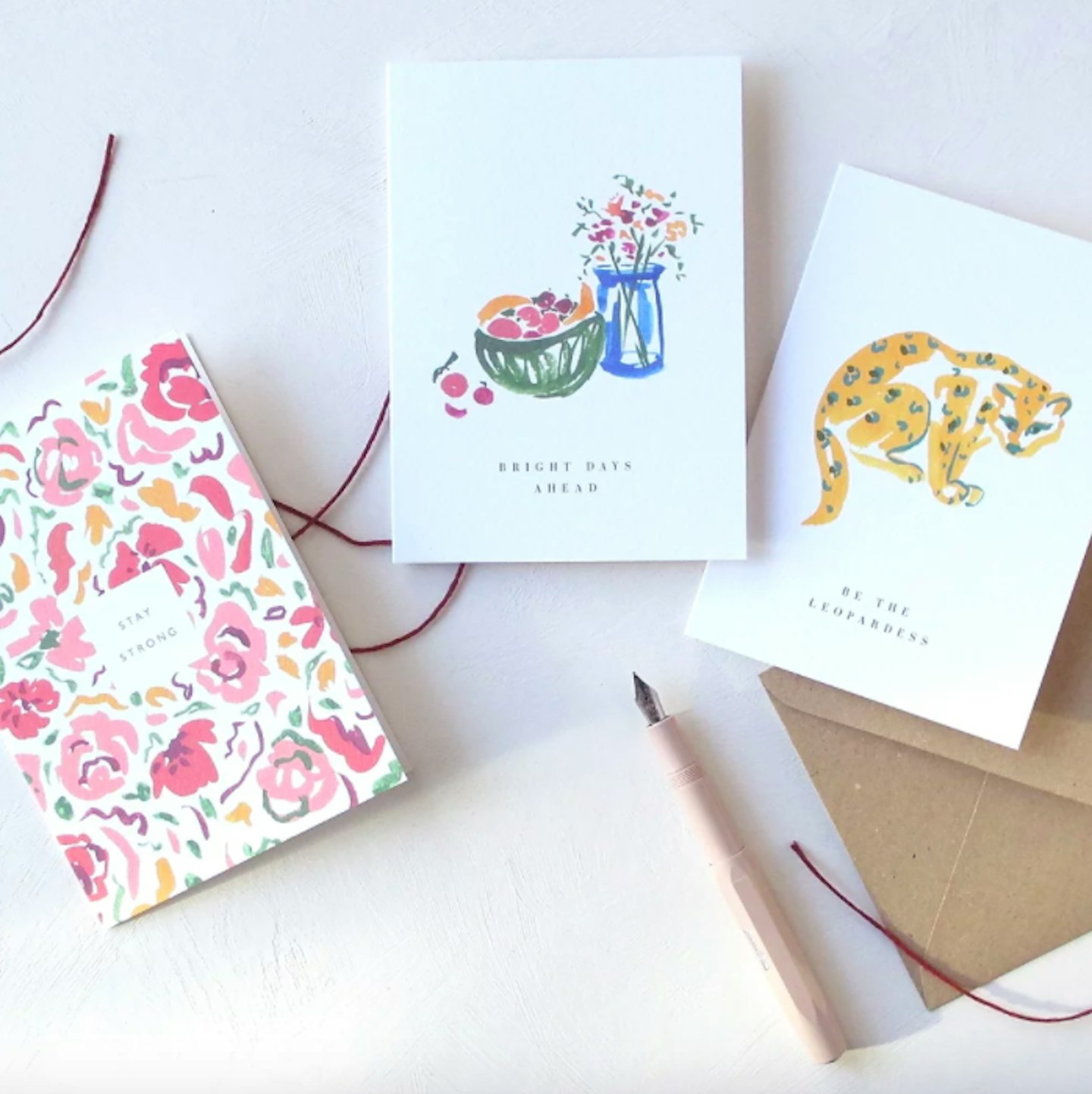 6 of 11
6 of 11Studio Sophie, Boxed Set of Cards, £22 for 12
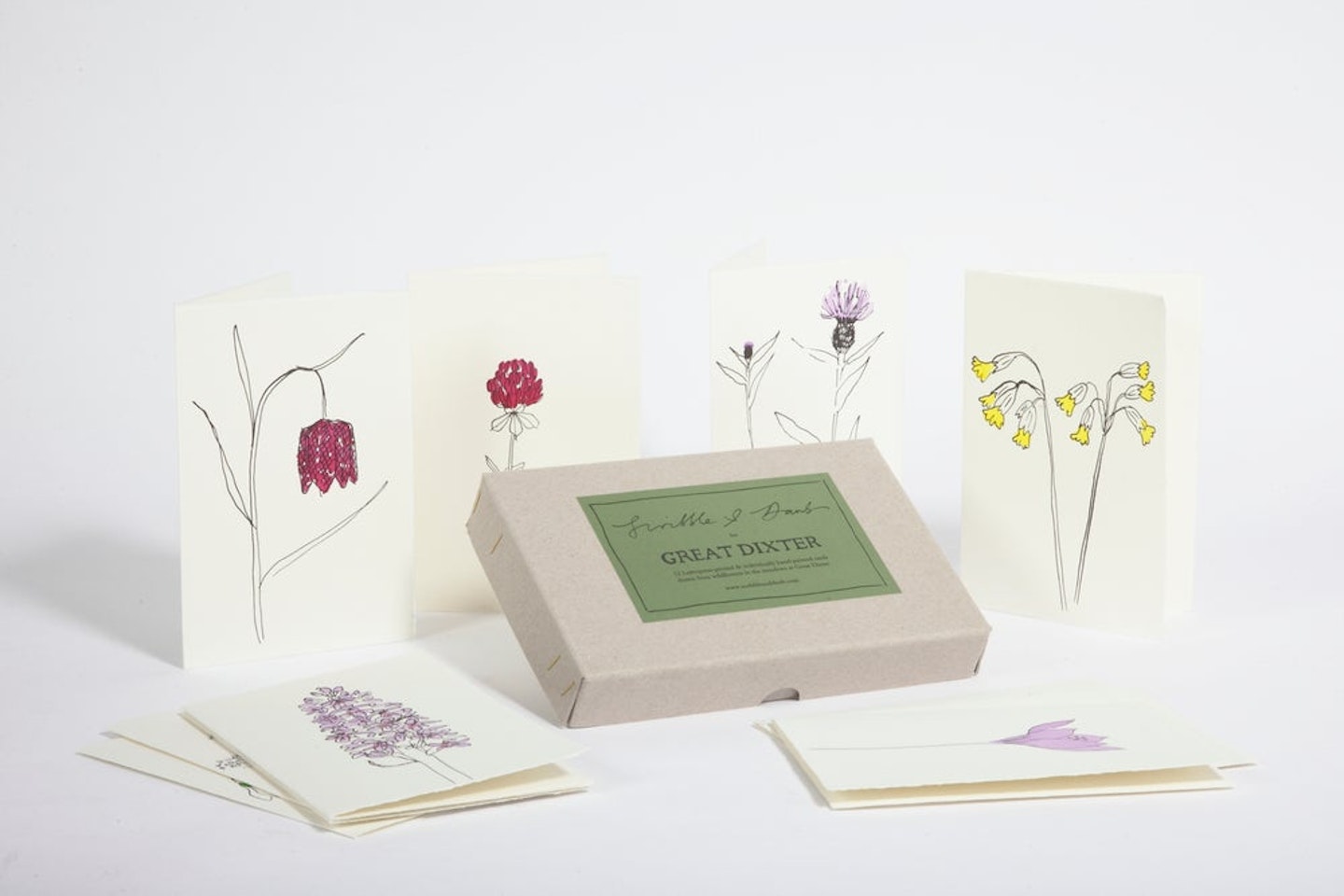 7 of 11
7 of 11Scribble & Daub, In The Meadow (Collection of 12 cards), £70
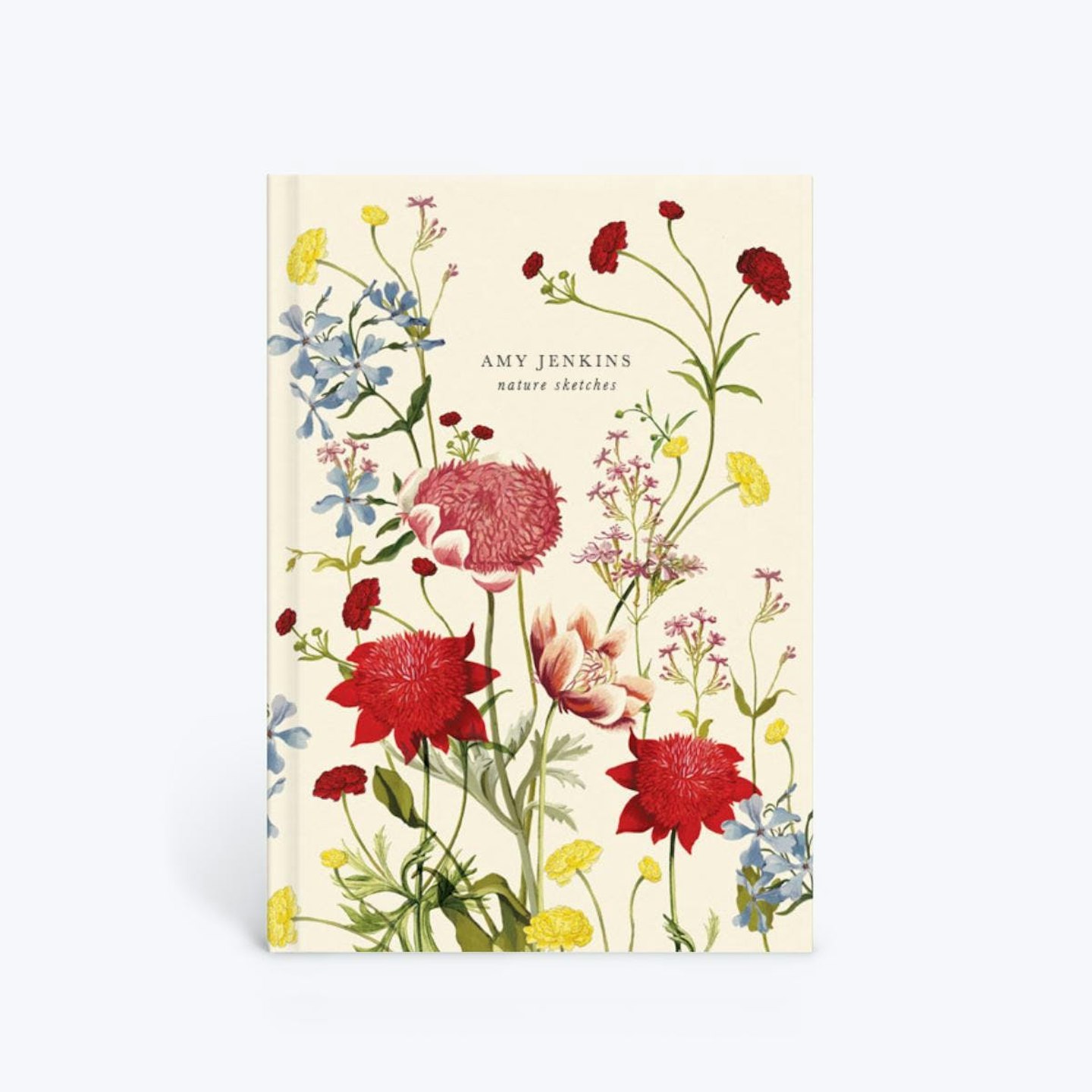 8 of 11
8 of 11Mother of Pearl x Papier, Personalised Notebook, £19.99
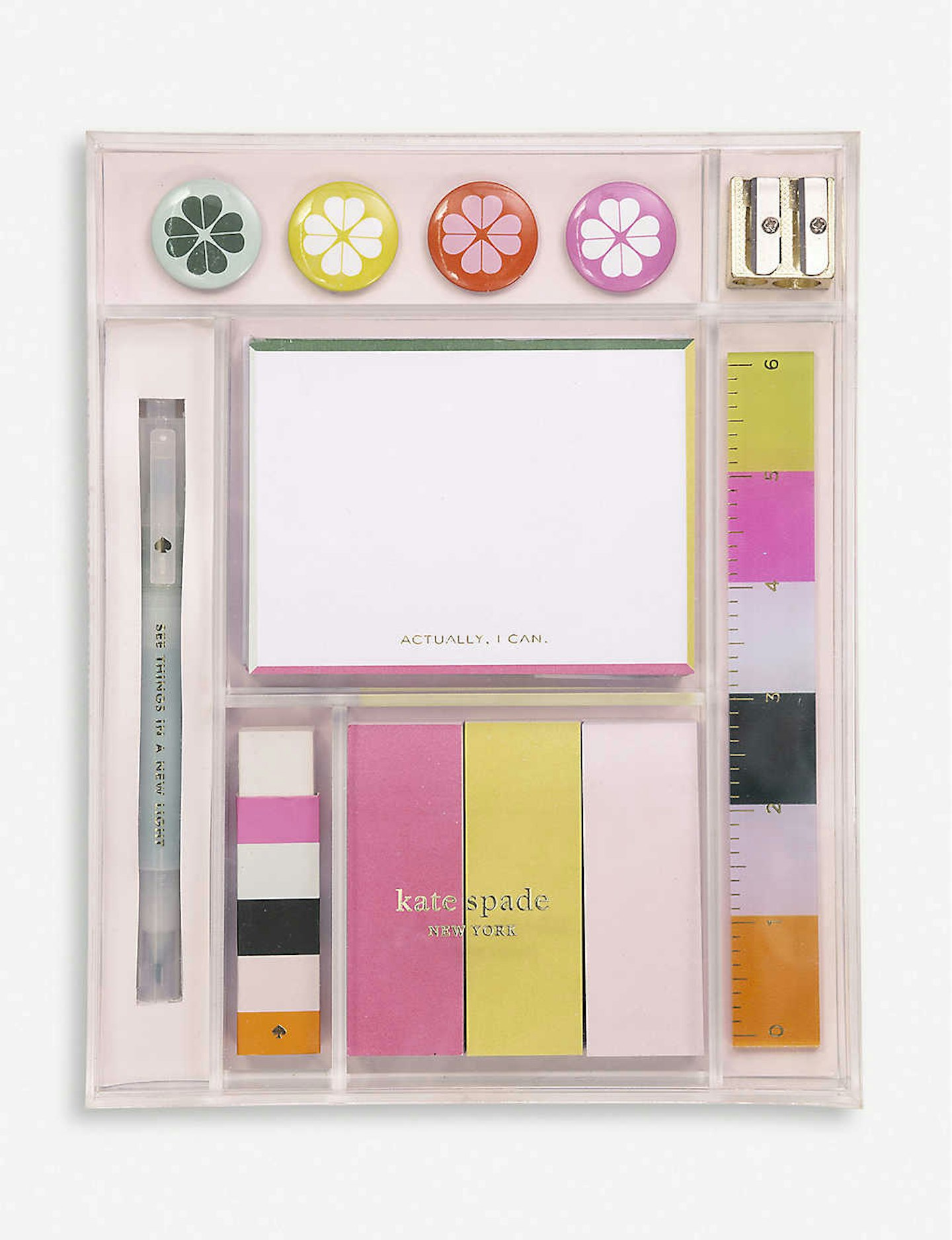 9 of 11
9 of 11Kate Spade New York Stationery Box, £35 at Selfridges
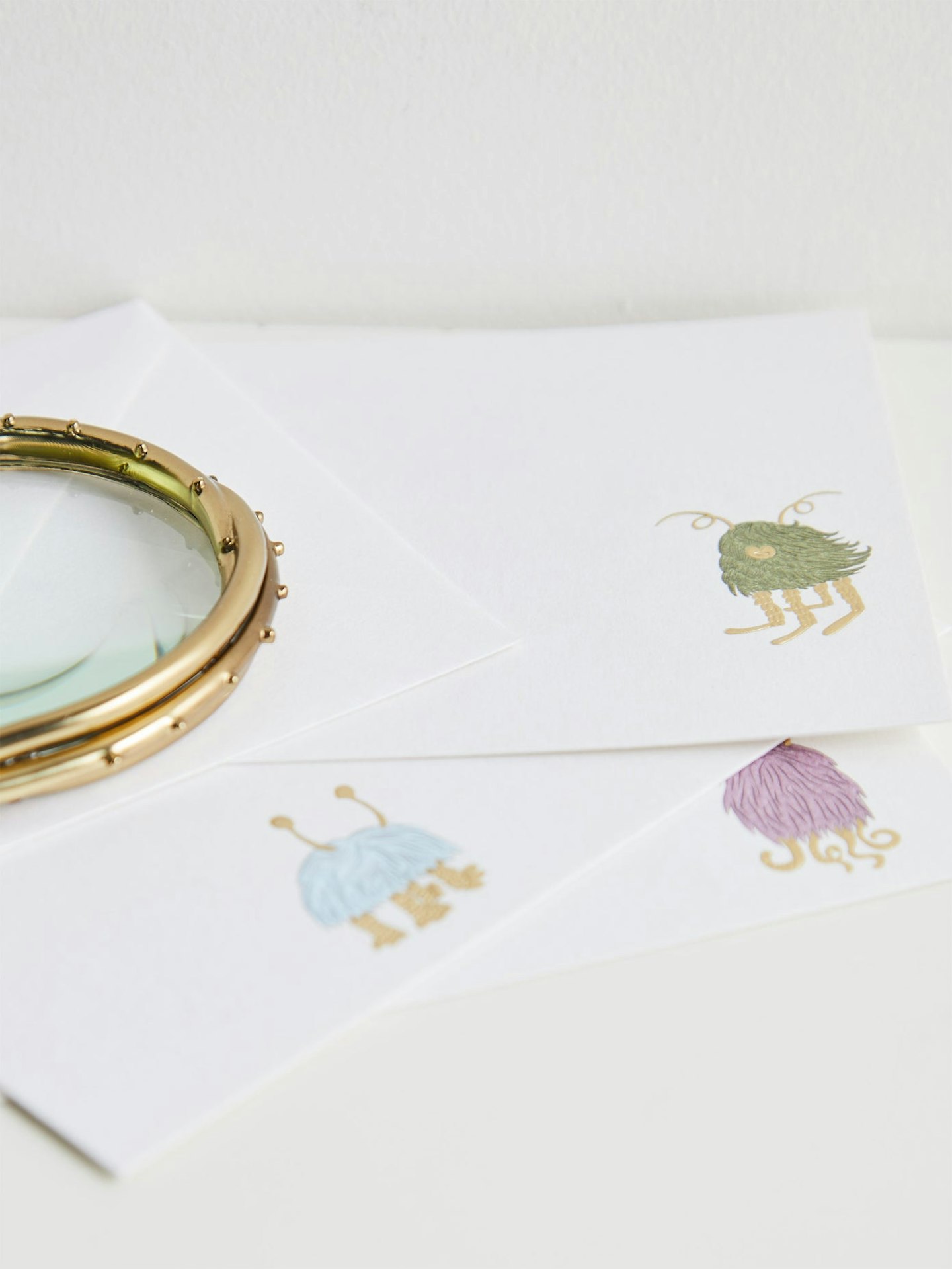 10 of 11
10 of 11L’Objet X Haas Brothers Paper Stationery Box, £90 at Matchesfashion.com
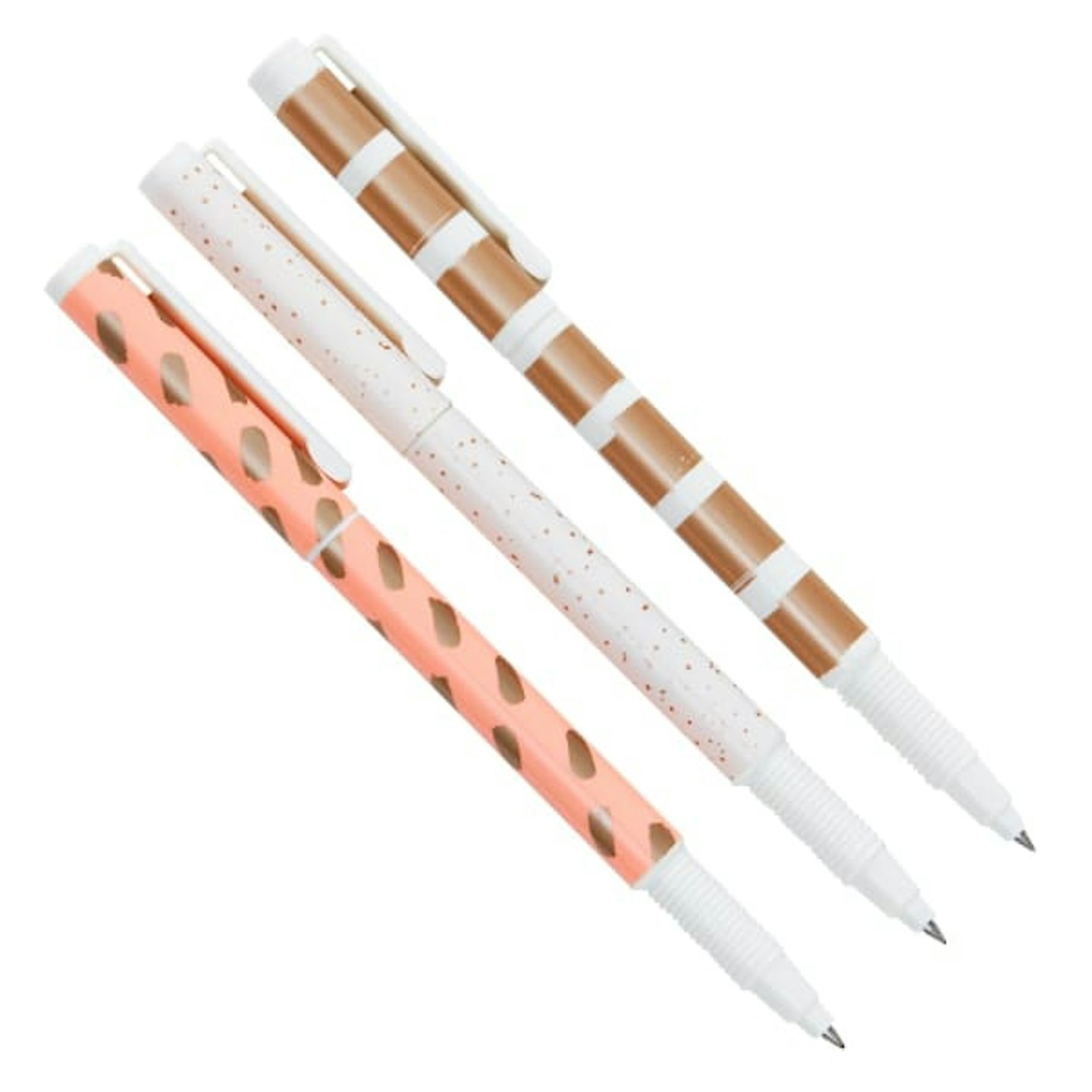 11 of 11
11 of 11